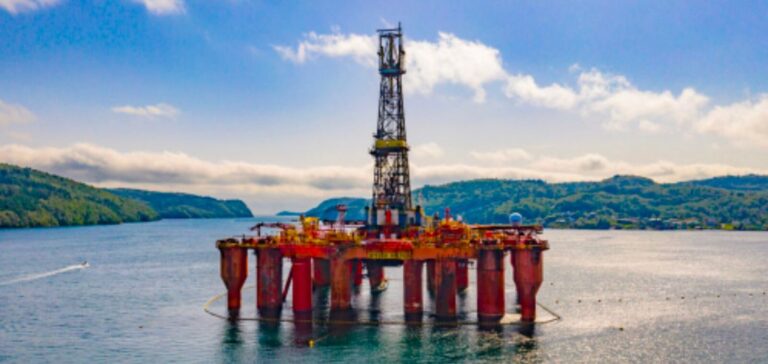Norway, now Europe’s main gas supplier, will tighten security around its oil facilities, it announced after the alleged “sabotage” of the Nord Stream gas pipelines in the Baltic.
“The government has decided to put in place measures to increase the security of infrastructure, onshore terminals and facilities on the Norwegian continental shelf,” Norwegian Energy Minister Terje Aasland said in a statement Tuesday evening.
The announcement comes after mysterious leaks, preceded by explosions, hit the Nord Stream 1 and Nord Stream 2 pipelines on Monday and recent drone sightings reported by oil companies around their platforms in Norwegian waters.
The Norwegian Petroleum Safety Authority this week called for “increased vigilance by all operators and shipowners on the continental shelf” in response to these drone sightings, which it said could lead to an accident or attack.
Concerns have been heightened by the spectacular leaks, preceded by underwater explosions, that have affected the Nord Stream gas pipelines linking Russia to Germany under the Baltic Sea since Monday.
“A lot of things can point to sabotage,” Aasland opined. An “act of sabotage” was also mentioned by the President of the European Commission, Ursula von der Leyen, Denmark and Sweden.
Having become the main supplier of gas to Europe instead of Russia in the wake of the war in Ukraine, Norway is linked to the Old Continent by a vast set of pipelines that experts consider vulnerable to sabotage.





















